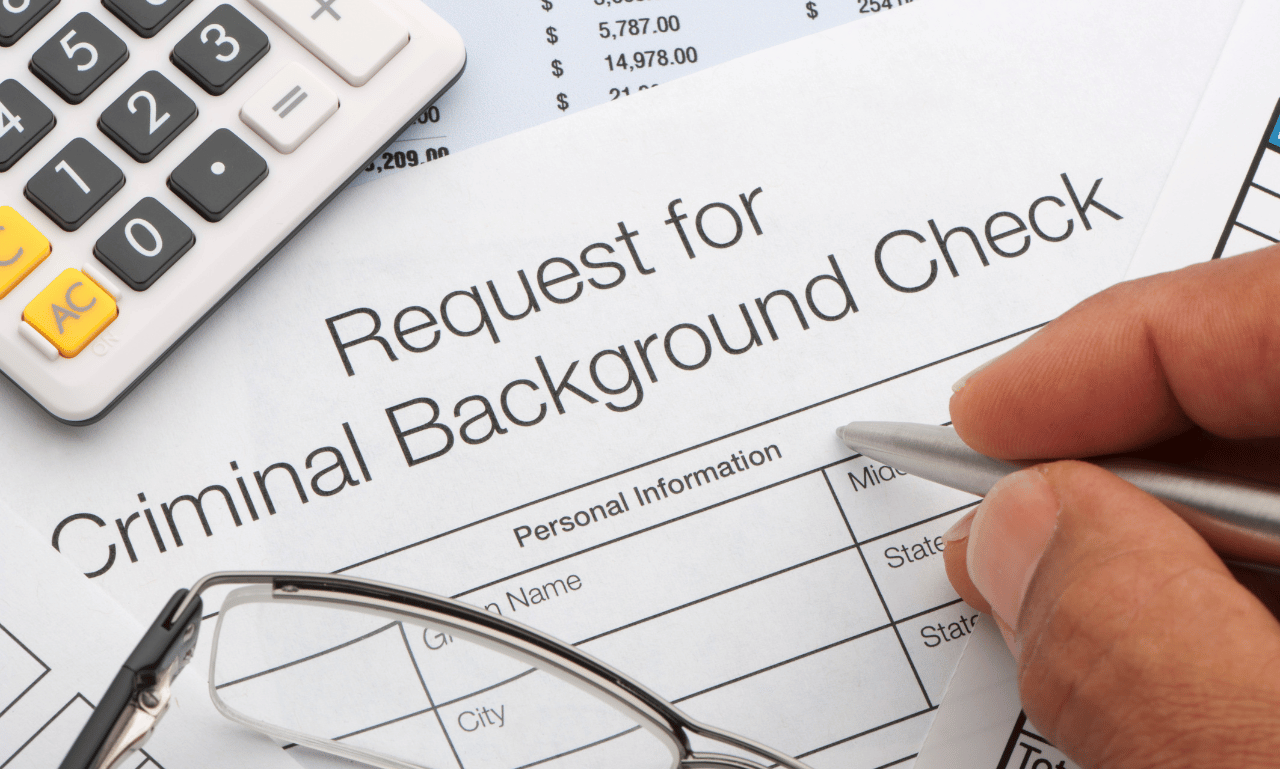When you’re hiring for your business, background checks are an essential tool. But how exactly do they work, and what do the terms on a criminal background check report mean?
A criminal background check searches county, state, and federal court records to report felony and misdemeanor convictions and pending cases. But the laws governing how and when you use these checks vary by location and industry.
What is a Criminal Background Check?
Table of Contents
The foundation of most employment screening programs, a criminal background check, investigates a potential employee’s contact with the criminal justice system. The process looks into local, state and national criminal databases and may uncover felonies, misdemeanors, infractions, pending cases, arrest records, active warrants and more. Sometimes, background checks may examine the sex offender register and other niche databases.
New York has numerous laws surrounding what companies can and cannot do when conducting criminal background checks. For example, it’s against the law for employers to use credit history as a hiring factor. Most state agencies are forbidden from asking about criminal records on job applications (though private businesses that employ four or more people can).
Additionally, some state law prevents mugshots, bankruptcies and juvenile records from showing up on official background checks. However, it does allow employers to consider a candidate’s drug test results and other court records. Also, convictions for sex-based crimes are included in criminal record searches. Still, they have various laws that protect these types of convictions from being used to discriminate against applicants.
How Does a Criminal Background Check Work?
A criminal background check is one of several pre-employment screening services available to employers. It can be conducted with driving history, education and employment verifications and even social media screens. Using a trusted CRA can reduce the turnaround time for your background checks and provide more comprehensive results.
However, running a background check is governed by numerous laws. For instance, EEOC guidelines state that an adverse hiring decision should not be made based on an arrest record alone. To avoid discrimination based on an arrest record, employers must consider all relevant information, including convictions, diversion programs and active probation.
In addition, some cities have a ban-the-box law that requires public employers to refrain from asking about criminal records on job applications or before the first interview. Private companies with four or more employees must wait until a conditional employment offer has been made before requesting a criminal background check.
In addition to criminal records, a background check may reveal bankruptcy information and credit history. However, they have specific rules about when these searches are allowed. Employers can only ask about these records after offering a job. They must only run a credit check for positions that involve a significant financial transaction or require access to sensitive personal information, such as healthcare and finance.
What Can a Criminal Background Check Reveal?
A criminal background check can reveal a wide range of information. Most importantly, it will uncover a candidate’s criminal convictions, whether felonies or misdemeanors. The illegal search will also reveal pending or closed cases not yet sealed or expunged from the applicant’s record. A criminal background check can uncover important financial details like bankruptcy filings, lawsuits, credit report information, and liens.
Most employers will conduct a full criminal background check during pre-hire screening. In addition to the criminal checks, some will request other types of statements, such as Identity Verification and employment and education verification. These are vital to verifying an applicant’s credentials and making sure they are who they say they are.
The criminal background check is one of the most important parts of an employer’s screening process. However, it should not be used as a discriminatory tool against applicants or employees. The NYSHRL prohibits discrimination based on race, gender, religion, age, sexual orientation, and disability – among other factors. If a criminal record is uncovered, an employer can only disqualify you for the job if they follow a specific Fair Chance analysis and obtain your written permission before hiring. If you have questions about the law, contact a legal professional.
What Can a Criminal Background Check Disqualify?
A criminal background check disqualifies candidates for a variety of reasons. For law enforcement positions, the most serious disqualifiers include drug abuse (even a single instance), sexual assault and domestic violence. Investigators also examine employment history – specifically whether an applicant has been fired for misbehavior or failure to perform. They also look at education – checking with your former schools to confirm the information you put on your application. A background investigation also looks at your credit history and can reveal any debts you owe. High debts and a lack of responsibility for finances may be seen as a sign that you are not trustworthy, a requirement for police officers.
In addition, a background check can reveal traffic violations or other driving-related crimes. This can be a problem in positions where employees must drive on the job or when using company vehicles. A motor vehicle report, or MVR, is a quick and inexpensive way to discover a candidate’s driving record and can help employers avoid legal and insurance problems.
Employers need to assess each candidate’s circumstances when deciding whether or not to hire them based on what they discover in a background check. Most employers only disqualify 5% or fewer applicants based on criminal records, and most allow candidates to explain their past indiscretions. However, a blanket ban on hiring candidates with certain records could be deemed discriminatory under Title VII of the Civil Rights Act of 1964.

